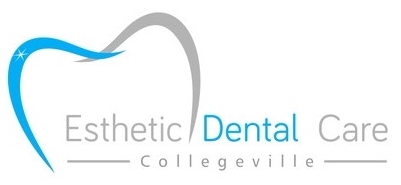TMJ Treatment
The temporomandibular joint (TMJ), one on either side of the jaw, connects the jawbone to the skull. TMJ disorders affect patients of all ages and walks of life and can cause pain, bruxism, headaches, and other symptoms that range from irritating to intolerable. In most cases, these symptoms are temporary and manageable, but some patients benefit from surgery to correct TMJ disorders.
The cause of a TMJ disorder is often unclear, but can include damage to the joint’s cartilage from arthritis or a blow to the face, and erosion or misalignment of the discs within the joint. The symptoms of TMJ disorders include:
- Pain and tenderness in the face around the jaw
- Ringing in the ears
- Headaches
- Difficulty chewing, or pain while chewing
- Misalignment of the teeth
- Clicking, grating, or locking of the joint, which can limit jaw movement
Treating a TMJ disorder begins with a thorough examination in our office. We will develop a plan to reduce pain and other symptoms, as well as treat the causes of your particular disorder. Treatment options include:
- Pain relievers, muscle relaxants, and/or antidepressants for pain relief
- Oral splints or mouth guards to provide relief and protect the teeth
- Physical therapy
- Counseling
- Surgical procedures, including injections, arthrocentesis, arthroscopy, and open-joint surgery
Lifestyle and home remedies can also relieve the symptoms of TMJ. We advise patients about how to stretch and massage the jaw, apply heat or cold, and avoid overusing the jaw.
